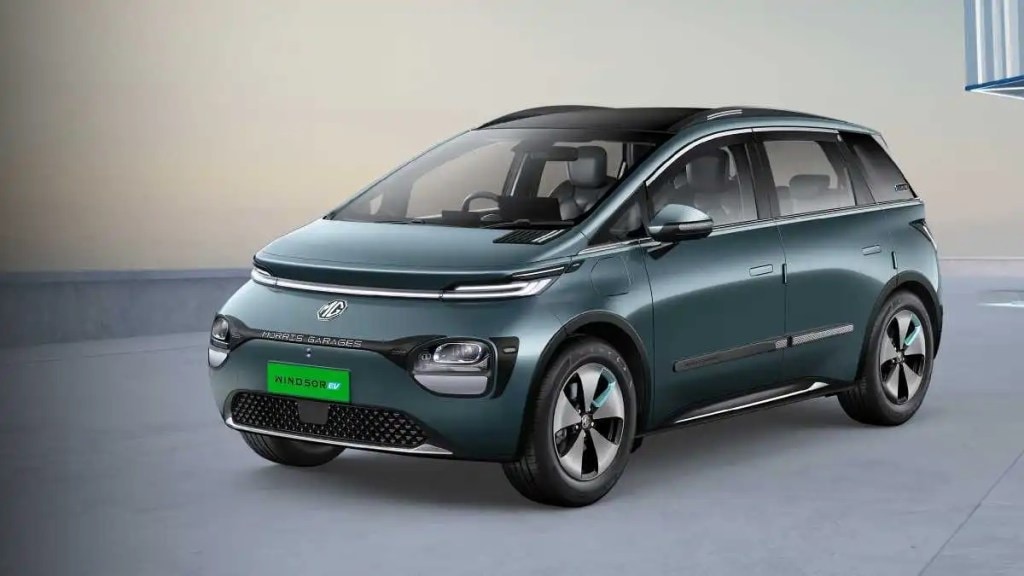The electric vehicle (EV) market has witnessed a reshaping over the past eight months, with JSW MG Motor India’s Windsor EV dethroning Tata’s long-standing EV champions, Nexon and Punch. Since its launch on September 11 last year, Windsor EV has not only become the country’s best-selling electric car but has also outperformed the combined sales of both Tata Nexon EV and Punch EV.
Wholesales industry data shows that Windsor EV sold 23,918 units since its debut. In comparison, Tata Motors sold 11,296 units of the Nexon EV and 9,563 units of the Punch EV during the same period, a combined total of 20,859 units. This puts Windsor EV ahead by nearly 3,000 units, marking a significant milestone in the rapidly evolving EV landscape.
The recent launch of the Windsor Pro, which features a significantly larger 52.9-kWh battery pack, is expected to further boost Windsor’s lead. Market analysts suggest this could intensify the competitive pressure on Tata Motors, especially as the new variant positions itself against not just the Nexon and Punch EVs but also Tatas newly launched Curvv EV.
Windsor EV’s swift rise has been attributed to a combination of smart pricing strategies, product design, and aggressive marketing. A key factor that worked in its favour was the introduction of a battery as a aervice (BaaS) model. This allowed buyers to acquire the car for an initial price of Rs 9.99 lakh, excluding the cost of the battery, which was offered on a pay-per-kilometre basis at Rs 3.5 per km. This made the Windsor EV more financially accessible than Nexon EV, which starts at Rs 12.49 lakh, and even the smaller Punch EV, priced from Rs 9.99 lakh.
According to an industry expert, “This pricing strategy created a perception that consumers were getting a more spacious, premium vehicle at a more affordable price, which drew significant interest at dealerships”.
Windsor EV also benefitted from three notable value additions – a lifetime battery warranty for the first owner, a 60% buyback value assurance after three years or 45,000 km, and one year of free access to public charging points linked via the MG eHUB app, which covers nearly 9,000 locations across the country.
While the original Windsor EV came with a 38-kWh battery, the newly introduced Windsor Pro’s 52.9-kWh capacity makes it a direct challenger to the Tata Curvv EV, which is available with 45-kWh and 55-kWh battery options. Priced from Rs 17.49 lakh to Rs 21.99 lakh, Curvv EV has averaged 800 units in monthly sales, but analysts believe the more aggressively priced Windsor Pro, at Rs 12.49 lakh under the BaaS model and Rs 17.49 lakh all-inclusive, will likely undercut Curvv’s momentum. Already, there are reports of discounts of up to Rs 1.71 lakh on Curvv EV models manufactured in 2024.
Although Mahindra’s new EVs, BE 6 and XEV 9e, have garnered over 30,000 bookings, their premium positioning and higher battery capacities (59 kWh and 79 kWh) mean they cater to a different consumer segment.
